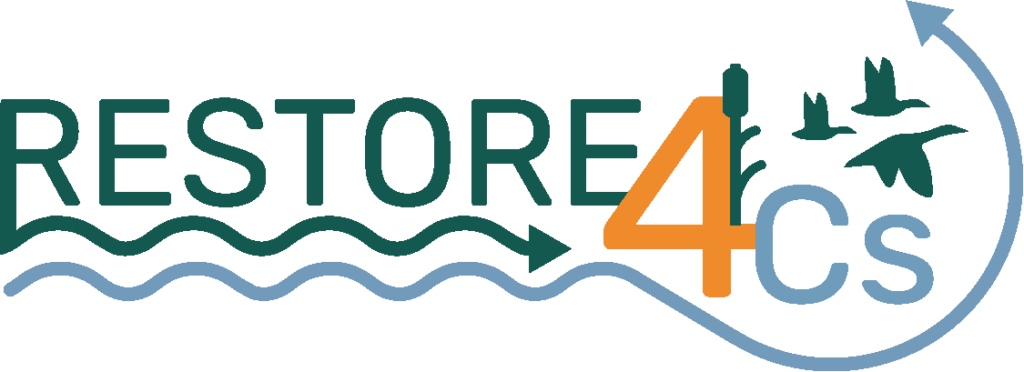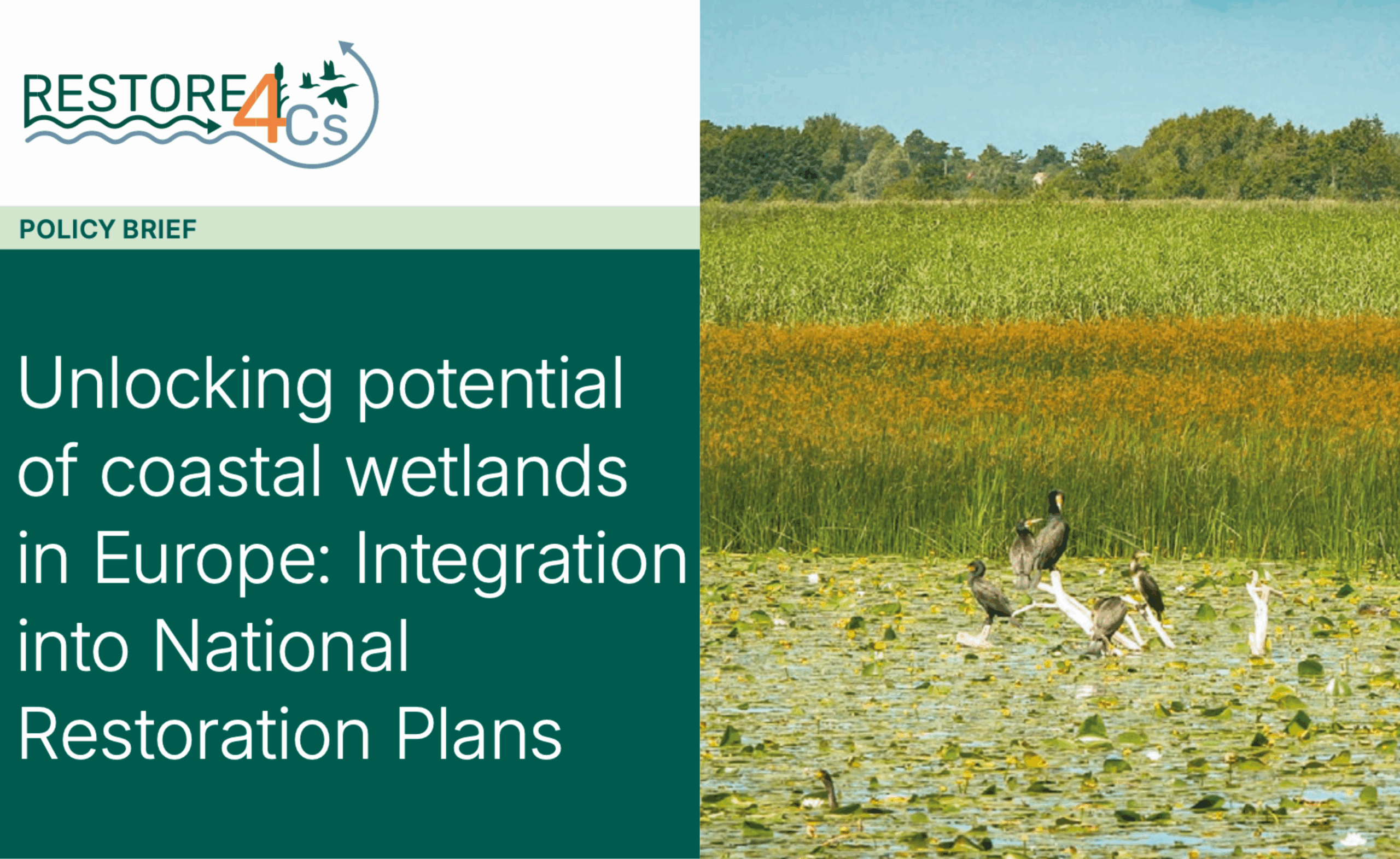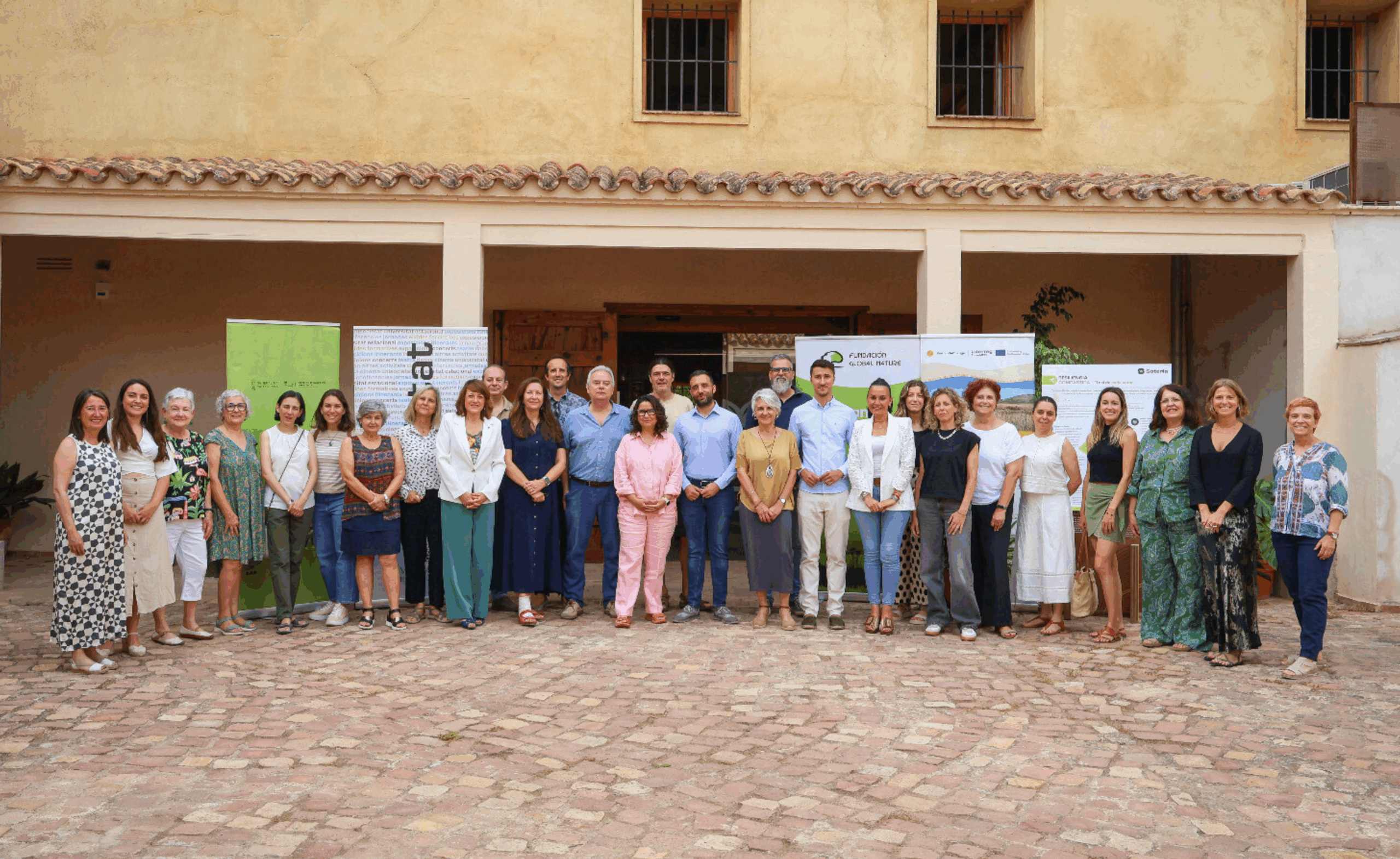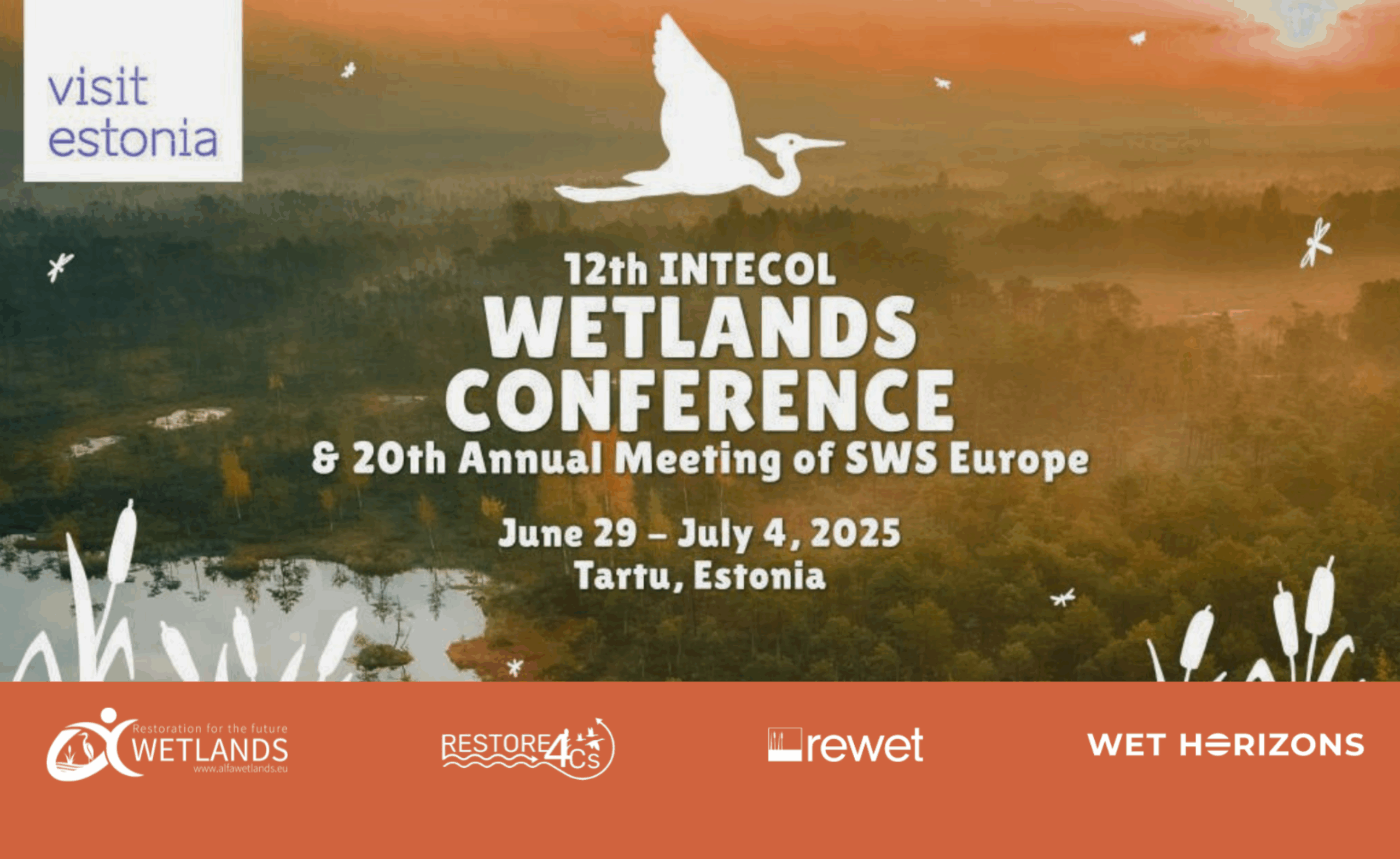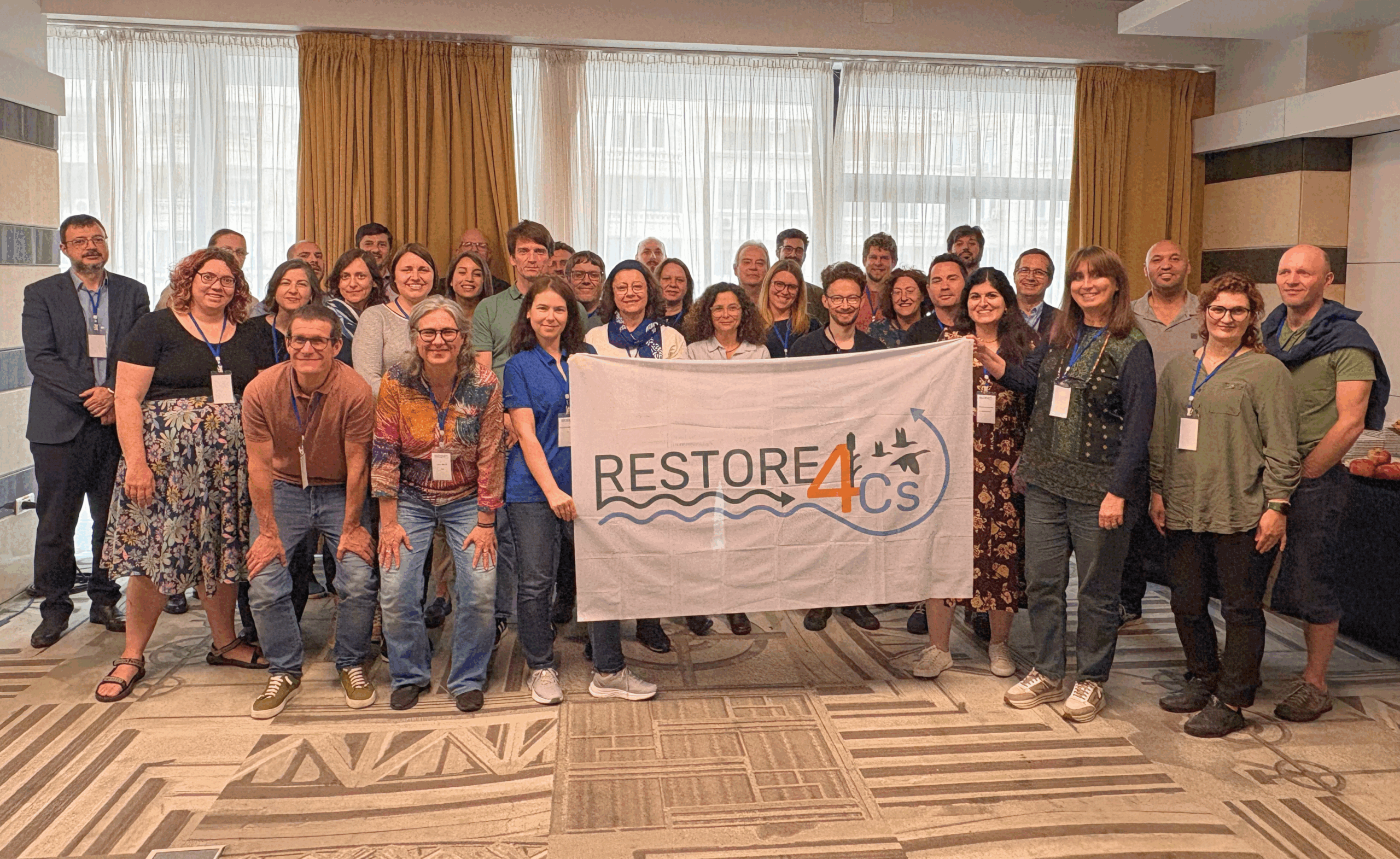The 5th European BioClim Wetlands Conference will take place in person on 26-28 September 2023, in Bonn, Germany. The goal is to strengthen the exchange of experiences and networking among scientists, policymakers and practitioners. The thematic focus of the conference will lie on the impacts and role of wetlands, specifically on river floodplains and coasts, for biodiversity conservation, climate change mitigation and adaptation.
RESTORE4Cs will be presented on day 2 of the conference, during “Session 4: Wetland restoration in practice: overcoming barriers and scaling up implementation“, which will take place from 9:40 am to 11:00 am CET. The designated keynote of this session will be Prof. Dr. Liesbeth Bakker (Netherlands Institute of Ecology, NIOO-KNAW, & Wageningen University & Research), while the moderated panel discussion will include Georg Frank (Danube River Network of Protected Areas), Prof. Dr. Liesbeth Bakker (Wageningen University & Research), Prof. Dr. Daniel Hering (MERLIN Project), and RESTORE4Cs’ representative Anis Guelmami (Mediterranean Wetlands Observatory).
Full programme available here. More info about 5th European BioClim Wetlands Conference available here.
Conference background
Climate change and biodiversity loss are two of the most pressing environmental challenges we face today. Both of these challenges are closely interrelated and significantly impact human health and well-being. Wetlands are essential ecosystems that provide various benefits, including flood control, water purification, and biodiversity conservation. Additionally, they are important carbon sinks, which means they help reduce the impact of climate change.
The conference aims to explore how wetlands can help us adapt to the impacts of climate change, such as sea-level rise and extreme weather events. It will also discuss how we can best restore and manage wetlands to conserve biodiversity and mitigate climate change.
Some specific ways that wetlands can help address climate change and biodiversity loss are:
- Wetlands can store carbon, mitigating climate change;
- Wetlands can regulate water flow, reducing the risk of flooding and drought;
- Wetlands can provide habitat for various plants and animals, helping to conserve biodiversity;
- Wetlands can filter pollutants from water, improving water quality.
